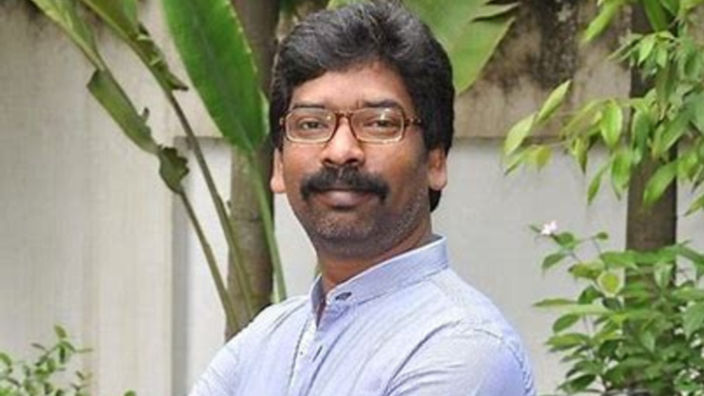Jharkhand is grappling with two major challenges: a rise in extremist activities linked to international terrorist groups and a growing influx of illegal migrants from Bangladesh. These twin crises are raising serious concerns about the state’s security and demographic integrity, putting Chief Minister Hemant Soren’s governance model under the spotlight.
Extremism on the Rise: Radicalisation Networks Unveiled
Recent joint operations by the Delhi Police, Jharkhand’s Anti-Terrorism Squad, and central intelligence agencies have revealed a worrying trend of radicalisation within the state. The arrest of Dr. Ishtiaq Ahmed, an MBBS graduate, along with others from various socio-economic backgrounds, showcases how extremist groups like Al-Qaeda are recruiting individuals across the spectrum—ranging from educated professionals to economically disadvantaged workers.
This development not only underscores the extent of extremist influence in Jharkhand but also raises concerns about the effectiveness of local intelligence and preventive measures against radicalisation. The recruitment of individuals from such diverse backgrounds indicates a sophisticated strategy by these extremist organizations.
Demographic Shifts: Illegal Migration from Bangladesh
In addition to security threats, Jharkhand, particularly in the Santhal Pargana region, is experiencing demographic changes attributed to the influx of illegal migrants from Bangladesh. The stark difference between the official population growth rate and the increase in voters in districts like Pakur points to the presence of a significant undocumented population.
The verification process aimed at addressing this issue has been widely criticised for being superficial, with experts arguing that it barely touched the surface of the problem. Reports suggest widespread document forgery and illegal settlement, raising concerns about the long-term demographic impact.
Political Implications of Migration and Extremism
Analysts believe that the Soren government’s response to the demographic changes may be driven by political considerations, potentially aimed at creating a voter base favorable to the ruling coalition. The government’s explanations, attributing the population growth to natural causes and awareness campaigns, have been met with skepticism. Critics argue that these explanations fail to address the larger issues of illegal migration and resource strain.
With elections just around the corner, Jharkhand’s voters are expected to weigh these concerns heavily as they make their decisions. If left unchecked, the rise of extremism and demographic shifts could destabilise the region, heightening the risk of communal tensions and straining the state’s resources.
The Path Ahead: Addressing Critical Issues
As Jharkhand faces these complex challenges, the state’s leadership will need to implement more effective security measures and transparent policies to tackle illegal migration. The growing concerns about extremism and migration highlight the need for robust governance that prioritizes the state’s stability and demographic integrity.
The upcoming elections will serve as a crucial test for Jharkhand’s political landscape, with both issues likely to play a key role in shaping the future of the region.













